Why Backup Generators Are Lifesavers During Hurricanes
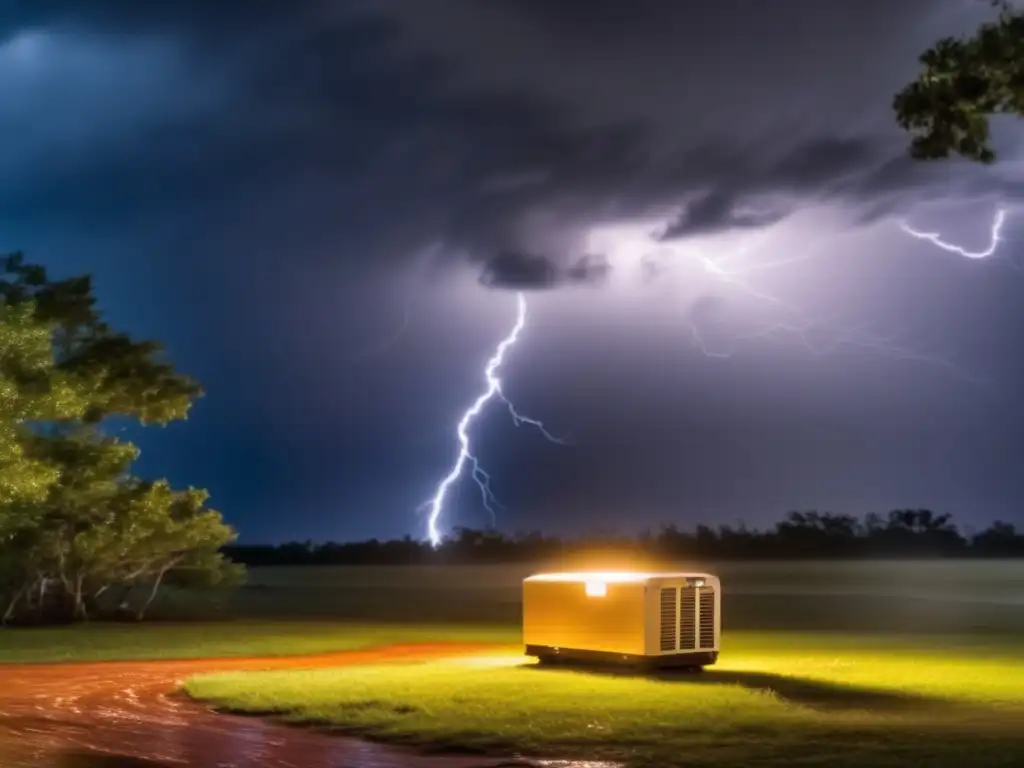
Why Backup Generators are Lifesavers During Hurricanes
Introduction
Hurricanes are some of the most destructive natural disasters that can hit any coastal area. These powerful storms can cause widespread power outages that can last for days, even weeks, leaving homes and businesses without electricity. In such scenarios, backup generators can be lifesavers. This article explores why backup generators are essential during hurricanes, how they work, and the different types available in the market.
The Importance of Backup Generators During Hurricanes
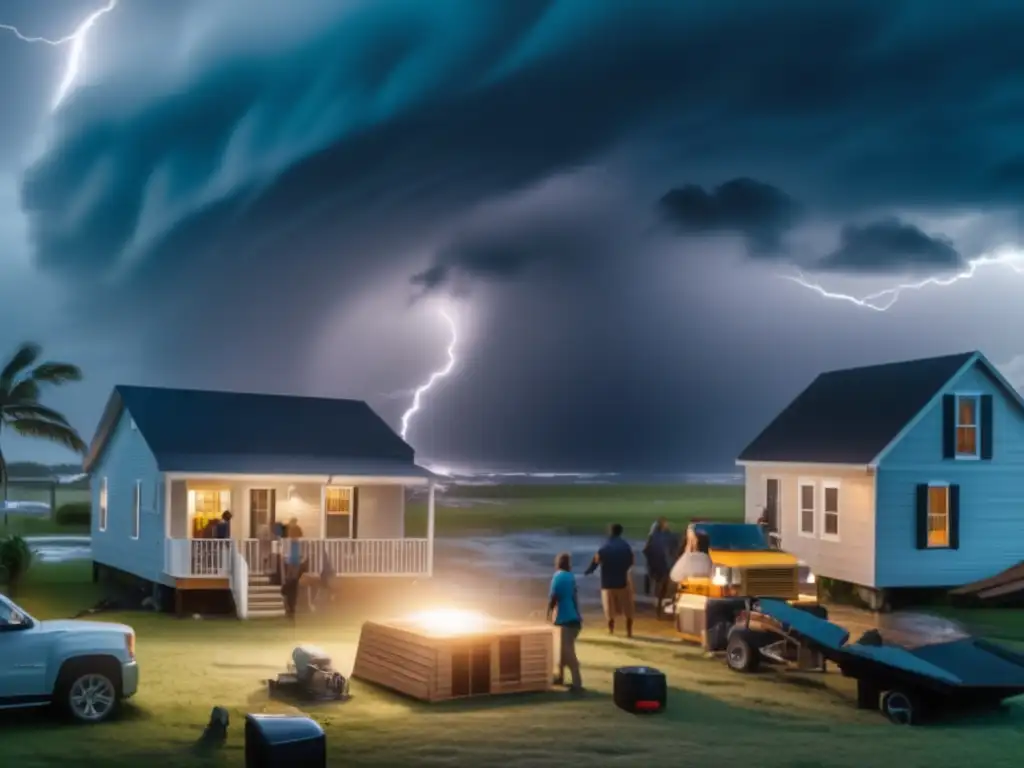
Extended Power Outages During Hurricanes
Power outages are common during hurricanes. High winds, heavy rainfall, storm surges, and other weather conditions can damage power lines, electric poles, transformers, and other electrical infrastructure, leading to extended electricity blackouts. Hurricane Katrina, for instance, left 1.3 million customers in Louisiana without electricity for several weeks. Backup generators help to provide electricity in such situations, allowing homeowners and business owners to keep their appliances, HVAC systems, security systems, and other critical systems running.
Potential Health Risks
Living without electricity for an extended period can pose severe health risks, especially for vulnerable populations such as the elderly, the sick, and young children. Without air conditioning or heating, people may suffer from heat stroke or hypothermia, depending on the climate. Food may also spoil without refrigeration, leading to malnutrition or food poisoning. Water pumps may also fail without electricity, making it difficult to access clean drinking water or flush toilets. Backup generators help to prevent these risks by supplying electricity to power essential household appliances and systems.
Protection of Property
Hurricanes can trigger floods, high winds, shifting foundations, and other hazards that can damage homes, businesses, and other properties. A backup generator can help protect property by powering sump pumps, dehumidifiers, and other equipment that can prevent water damage and mold growth. It can also help ensure that security alarms remain functional, deter burglars, and prevent looting during extended power outages.
Types of Backup Generators

Portable Generators
Portable generators are small, gasoline-fueled units that can be transported easily from one location to another. They typically range in size from 900 to 10,000 watts and can power appliances such as refrigerators, lights, fans, and televisions. Portable generators can be connected directly to devices using extension cords or through a transfer switch that can be installed by a licensed electrician.
Standby Generators
Standby generators are permanently installed next to the home or business and are connected to a natural gas or propane line. They are designed to automatically switch on when the power goes out and can provide electricity to power the entire house or business. Standby generators can range in size from 5,000 to 150,000 watts and are generally quieter than portable generators.
Inverter Generators
Inverter generators are an advanced type of portable generator that produces high-quality electricity that is safe for sensitive electronic devices such as computers and smartphones. They use an electronic circuitry system that regulates the engine speed to match the electrical demand, allowing them to operate quietly and fuel-efficiently.
How Backup Generators Work
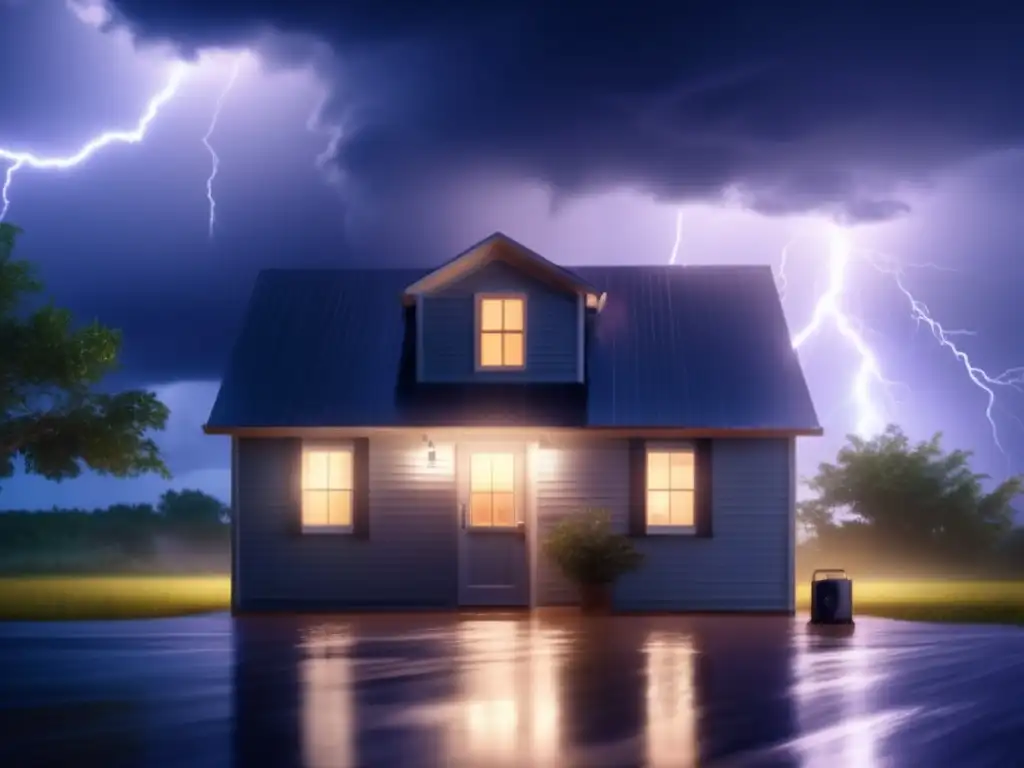
Backup generators work by converting stored energy from fuel into electricity. When the power goes out, the generator starts, and the engine turns a generator head that produces electricity. The electricity produced is then channeled through a circuit breaker and voltage regulator, where it is monitored and regulated before being distributed to the house or business. Once the power to the house or business is restored, the generator shuts down automatically.
Safety Precautions When Using Backup Generators
Backup generators can be dangerous if not used correctly. Here are some safety precautions to keep in mind when using backup generators:
- Do not operate a generator indoors or in any enclosed area (including garages and basements) as this can lead to carbon monoxide poisoning.
- Keep generators dry and away from wet areas or puddles to prevent electrocution or short circuits.
- Disconnect your home or business from the main power grid before starting the generator to prevent “back feed” electricity from flowing back into power lines, which could injure or kill utility workers or those nearby.
- Use only heavy-duty, outdoor-rated extension cords that are grounded and don’t overload them.
- Service and maintain your generator according to the manufacturer’s instructions.
Frequently Asked Questions

-
What size generator do I need?
The size of a generator depends on the amount of power you need to keep your essential appliances and systems running during a power outage. The larger the generator, the more power it can produce. For example, a 5,000-watt generator can power a refrigerator, lights, and a few other devices, while a 10,000-watt generator can power all of the main circuits in a typical house.
-
What type of fuel should I use for my generator?
Most portable generators run on gasoline, while standby generators can run on natural gas or propane. It’s important to follow the manufacturer’s instructions regarding the type of fuel to use and how to handle it safely.
-
Can I install a generator myself?
Portable generators can be set up by the homeowner. However, standby generators require professional installation by a licensed electrician or generator contractor to ensure that they meet local electrical and building codes and are installed safely and correctly.
-
How long can a backup generator run?
A portable generator can run for several hours on a full tank of gas, while standby generators can run for several days or even weeks, depending on the size of the generator and the amount of fuel available.
-
Are backup generators expensive?
The cost of a backup generator varies depending on the size, type, and features. Portable generators can cost between $500 and $2,000, while standby generators can cost between $5,000 and $15,000 or more. The cost of installation is an additional expense for standby generators.
Conclusion
Backup generators play a crucial role in ensuring that homes and businesses are equipped to handle power outages during hurricanes. They help to protect property, prevent health risks, and provide much-needed comfort during difficult times. Understanding the different types of generators available, how they work, and the safety precautions required can help homeowners and business owners make informed decisions about which type of generator to invest in. It’s always best to consult with a licensed electrician or generator contractor before making any purchase or installation decisions.
Additional Resources
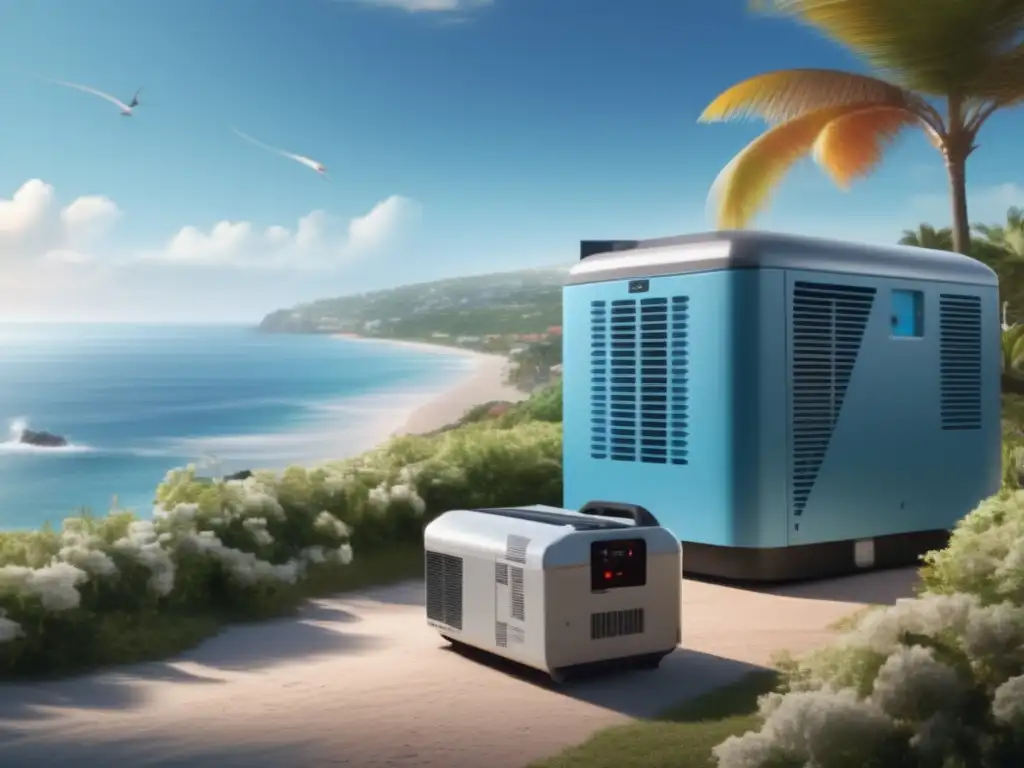
- Ready.gov - Power Outages
- Consumer Reports - Generators
- National Fire Protection Association - Generators
If you want to discover more articles similar to Why Backup Generators Are Lifesavers During Hurricanes, you can visit the Hurricane preparedness: category.
Leave a Reply


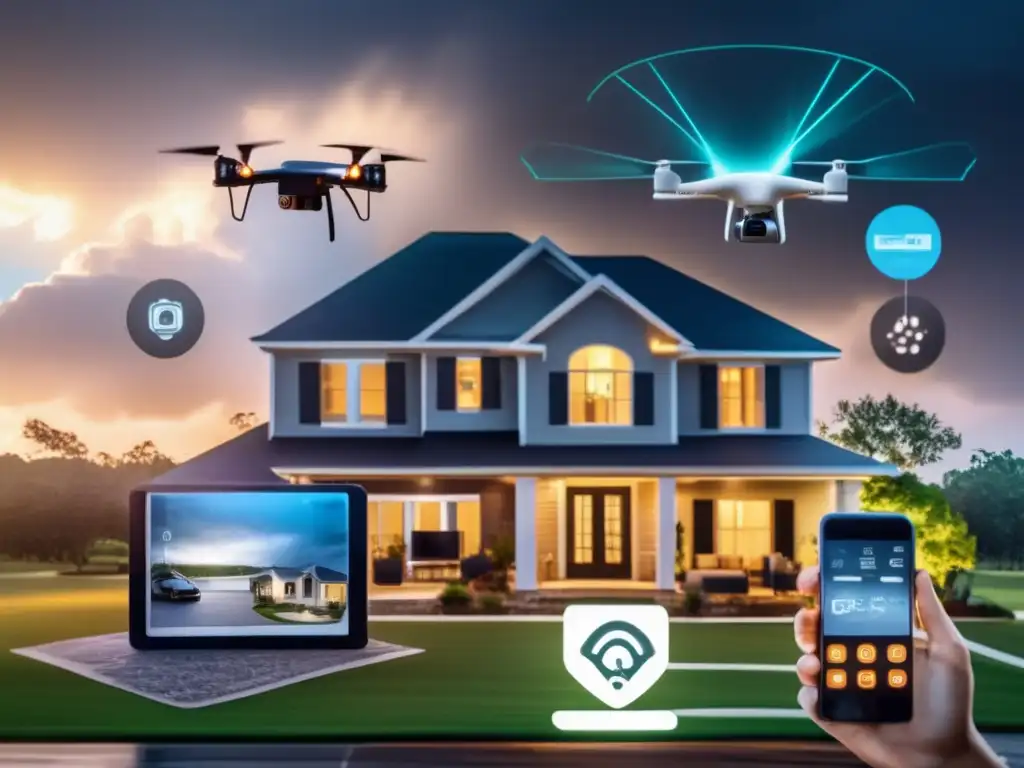

Articulos relacionados: